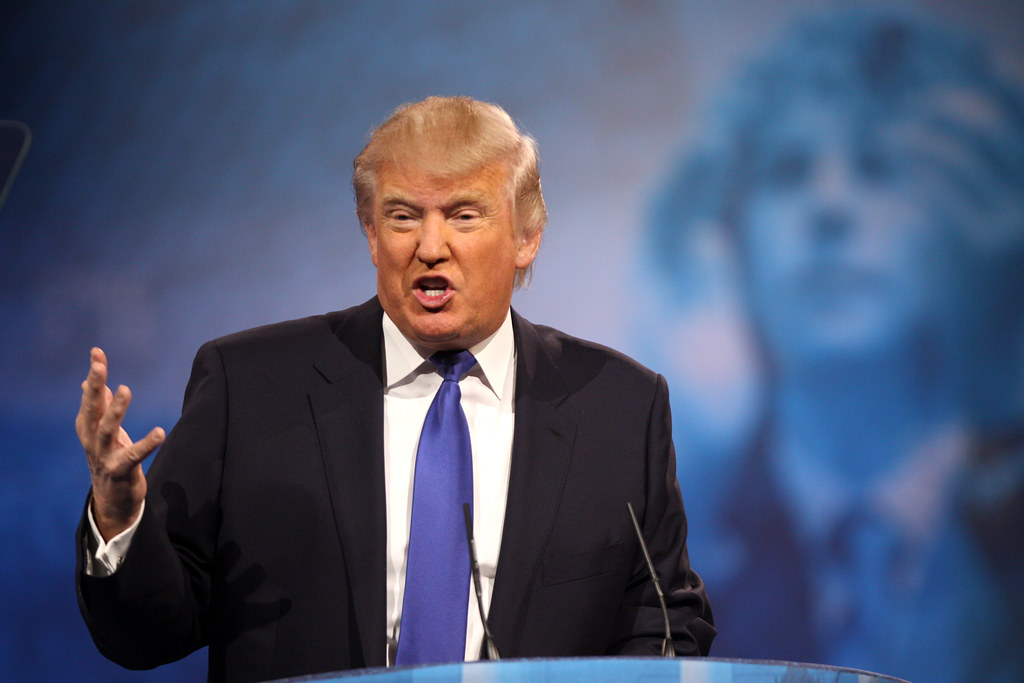While the introduction of the first spot Bitcoin exchange-traded funds (ETFs) in the United States marked a significant milestone for the cryptocurrency industry, corporate adoption and trust in digital assets remain nascent.
Bitcoin ETFs and Their Impact
The regulatory approval of the first spot Bitcoin ETFs was heralded as a major step toward legitimizing the cryptocurrency market. These products allowed Bitcoin to be traded as publicly accessible financial instruments, potentially bridging the gap between traditional finance and digital assets.
However, according to Marc Degen, co-founder and chairman of Trust Square, a blockchain technology hub, the adoption of digital assets by corporations has been underwhelming. Speaking at the Web3 Corporate Innovation Day, Degen stated:
“Corporate adoption is just a complete utter failure. It’s amateur league against the pros.”
Bitcoin ETFs vs. Traditional Finance
To illustrate his point, Degen compared the inflows into Bitcoin ETFs with those in traditional finance. As of 2023, U.S.-based spot Bitcoin ETFs have accumulated $58.4 billion in total on-chain holdings, according to data from Dune Analytics.
In stark contrast, JPMorgan, a titan in wealth management, reported net new client inflows of $489 billion for the year 2023 alone. This figure is more than eight times the total inflows into all U.S. spot Bitcoin ETFs combined.
| Asset/Product | Total Inflows ($) |
|---|---|
| Spot Bitcoin ETFs | $58.4 billion |
| Digital Asset Funds (YTD) | $100 billion |
| JPMorgan Net Client Inflows | $489 billion |
Degen argues that the primary hurdle to broader corporate adoption of digital assets is a lack of mainstream trust in the crypto industry. Despite the decentralized ethos of cryptocurrencies, the public remains skeptical. A 2023 study by the Pew Research Center found that about 75% of people familiar with cryptocurrencies expressed doubts about their reliability and safety.
“We have a lack of trust in the [crypto] market. And only corporates can solve this,” Degen asserted, highlighting the role corporations must play in building confidence among mainstream users.
Role of Corporations in Building Trust
Despite the decentralized nature of cryptocurrencies, many new adopters tend to trust corporate-backed centralized exchanges (CEXs) over decentralized exchanges (DEXs). This trust is reflected in the trading volumes: according to Dune Analytics, the 24-hour trading volume on DEXs was $3.86 billion, significantly lower than Binance’s $17.6 billion, the world’s largest CEX.
| Exchange Type | 24-Hour Trading Volume ($) |
|---|---|
| Decentralized Exchanges (DEXs) | $3.86 billion |
| Binance (Largest CEX) | $17.6 billion |
Focusing solely on cumulative Bitcoin ETF inflows might give an incomplete picture of institutional adoption. This is partly due to significant outflows from Grayscale’s Bitcoin Trust ETF (GBTC). GBTC, which has been a major player in the crypto ETF space, saw substantial outflows, selling 18,207 BTC worth over $1.19 billion, according to Farside Investors data.
These outflows have skewed the overall perception of the inflows to Bitcoin ETFs, masking the broader trends and upticks in institutional interest.
For digital assets to gain more traction in the corporate world, addressing the trust deficit is crucial. Corporations can play a significant role in this by integrating robust compliance frameworks and transparent operational practices. As traditional financial institutions like JPMorgan continue to attract substantial inflows, the crypto industry must find ways to emulate and build upon these trust-driven dynamics.
Despite the breakthrough represented by the approval of the first spot Bitcoin ETFs, corporate adoption of cryptocurrencies remains in its early stages. The industry’s challenge is to bridge the trust gap and integrate digital assets into mainstream financial practices. As corporations begin to play a more significant role, they will be key to building the confidence needed for broader adoption of digital assets.










